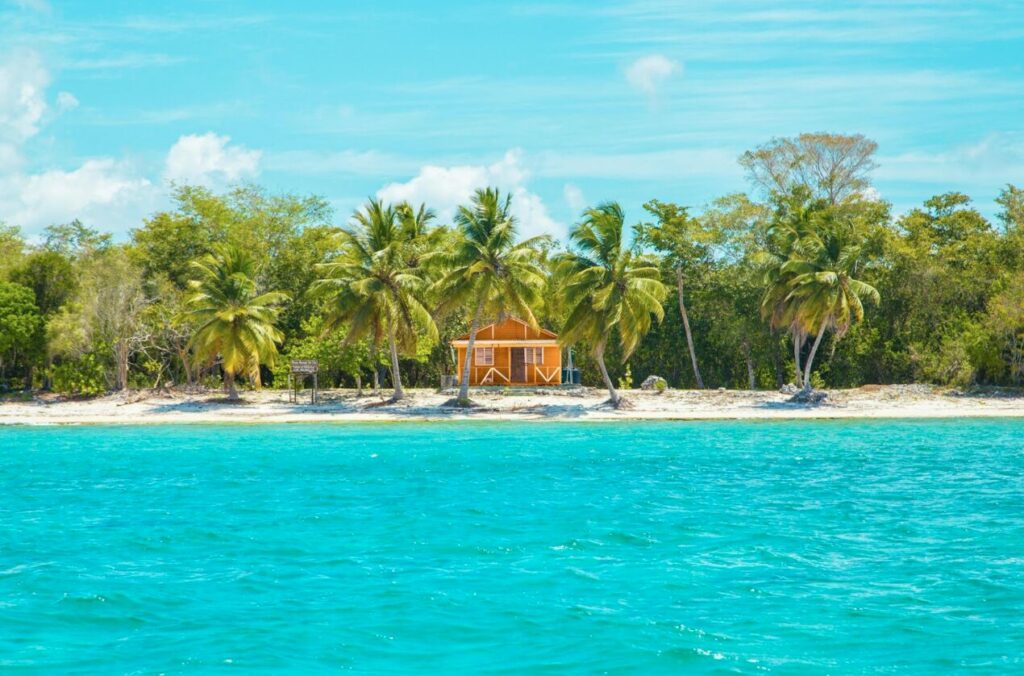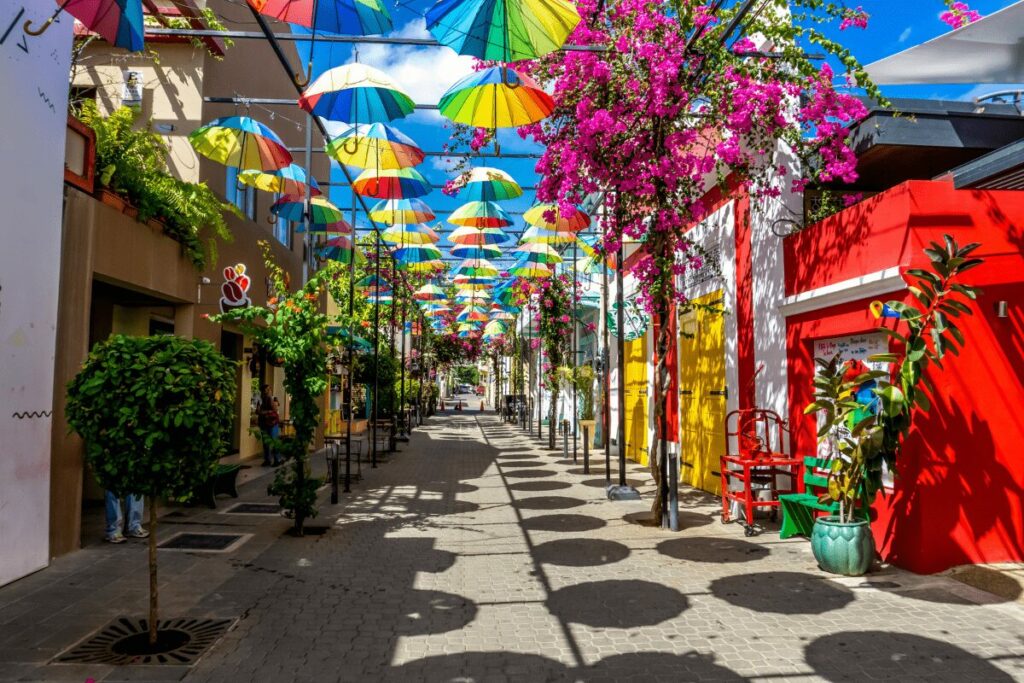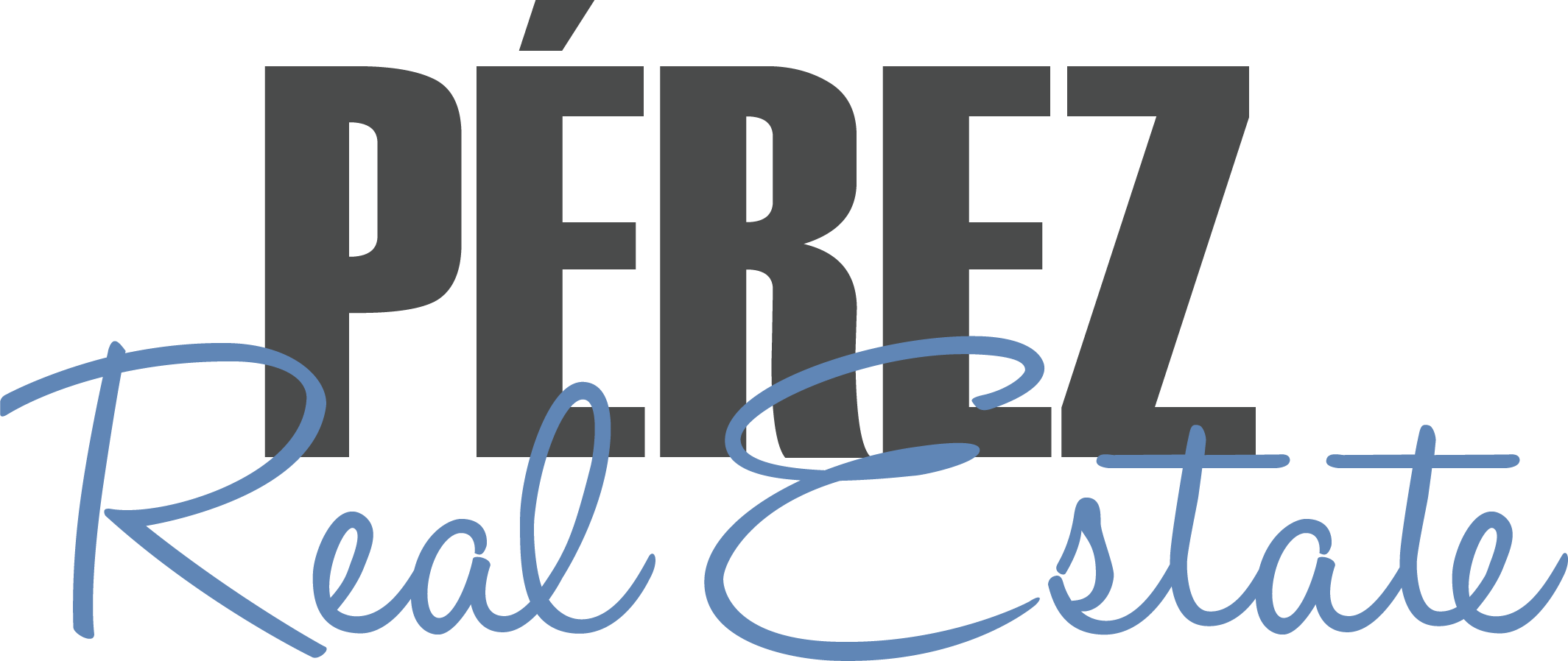The Dominican Republic, the pearl of the Caribbean, attracts many expatriates every year in search of paradise-like landscapes, a rich culture and a relaxed lifestyle. If you’re thinking of moving to this vibrant and colorful country, it’s essential to be prepared and to know some important aspects of Dominican life.
Reasons to move to the Dominican Republic?
Changing country is an important decision, often motivated by the quest for a better quality of life, new professional opportunities or a more pleasant living environment. Let’s discover the main attractions that make this Caribbean country a preferred destination for expatriates from all over the world.
Climatic and natural advantages
The Dominican Republic offers a tropical climate ideal for those seeking to escape the harsh winters. White sandy beaches, crystal-clear waters and lush mountains offer an idyllic setting for nature lovers, relaxation enthusiasts or even for spending your golden years in the sun.

Economic opportunities and growth
The country’s economy is booming, offering numerous opportunities for entrepreneurs and investors. Attracted by stable economic growth and a business-friendly government, many international investors have chosen the Dominican Republic to expand their operations. This influx of investment has helped to improve the general standard of living and boost various economic sectors.
In addition, the Dominican government has introduced various tax incentives to encourage investment in the country
The real estate sector, in particular, is experiencing rapid growth, making investment in property both attractive and accessible. This dynamic offers interesting opportunities for real estate investors, both local and foreign.
Culture and lifestyle
As you may know, the Dominican Republic is renowned for its rich culture, lively music and delicious cuisine. According to expatriates in the Dominican Republic, integrating into the local community is a unique experience, with warm and welcoming locals.
Lifestyle in the Dominican Republic
Social and community life
The lifestyle in the Dominican Republic is characterized by constant social activity, marked by a relaxed approach during the day and a frenetic night-time rhythm. Dominicans value lively social interaction, perfectly balancing work and leisure. Expatriates will easily find their place in the community, whether in busy cities or quieter regions.
What’s more, the benevolence of Dominicans is as evident in the city as it is in remote areas, and is often highlighted as one of the most remarkable qualities of the Dominican people, particularly appreciated by expatriates.
Obtaining permanent residency for expatriates in the Dominican Republic
Obtaining permanent residency in the Dominican Republic is the starting point for every expatriate. Here’s an overview of the different steps and options for settling in the Dominican Republic.
Pathways to permanent residency
In the Dominican Republic, permanent residency can be obtained in a number of ways: through the purchase of real estate, which is common and relatively straightforward; through investment, with a minimum requirement that opens the door to wealthy investor families; through marriage to a Dominican citizen, a strictly controlled option; through the re-establishment of family ties for those with Dominican ancestors; or through entrepreneurship, particularly in the tourism sector, encouraged by the government.
Translated with DeepL.com (free version) Each option has its own advantages and procedures, offering different routes to permanent residency.
The process of obtaining residency in the Dominican Republic begins with the application for a migration visa, which requires up to four weeks’ processing and several official documents, such as a passport, medical and judicial certificates, all translated into Spanish. On arrival, the expatriate can apply for a residence permit and, after two years as a permanent resident, can apply for citizenship, including a test on Dominican history and language.
Is life expensive for an expatriate in the Dominican Republic?
One of the most important aspects to consider when moving abroad is the cost of living. In 2024, living in the Dominican Republic represents a financially advantageous option for expatriates, especially in comparison with countries like France. In fact, the cost of living is around 29% lower. This difference is reflected in a number of areas, including housing, food and services.
Housing, particularly in urban areas, can vary, but is generally more affordable than in Europe or Canada. Local food products and everyday consumer goods are also more economical, although imported items can cost more.
For expatriates, this dynamic offers the opportunity for a comfortable lifestyle at relatively low cost, with a focus on local products and services.

How much can you earn in the Dominican Republic?
The salary needed to live a comfortable life in the Dominican Republic can vary depending on your lifestyle and where you choose to live.
To live decently while enjoying local amenities, an expatriate may need a higher salary than the national average. This increased need is explained by the additional costs associated with quality housing, private health services, or international education for those with children. However, even with these factors in play, the overall cost of living remains generally lower than in Europe or North America. ‘s possible to live a relatively comfortable lifestyle on a modest budget, by making the right choices and adapting to local offerings.
In addition, as a pensioner, if you have the opportunity to earn a minimum of $1,500/month, obtaining permanent residency will be a simple matter.
Risks to be aware of before moving to the Dominican Republic
Care and health
In the Dominican Republic, expatriates enjoy access to quality, affordable healthcare, with options in both the public and private sectors. Public services offer free hospitalization, although some additional costs are payable by patients. In the private sector, facilities offer higher quality care, but at higher costs. Private health insurance is recommended to cover these costs, with plans ranging from $700 to $1500 USD per year for a couple. These insurances cover a wide range of services, including medical consultations, hospital stays and dental operations.
Tailor-made service
Let our experts guide you in the purchase of your property. By first understanding your needs, our team is committed to offering you a personalized selection of properties. Our local market expertise, combined with attentive customer service, makes us your ideal partner for a successful investment. We can help you with all the administrative and financial steps involved in bringing your project to fruition.
For further information, please do not hesitate to contact our team.




